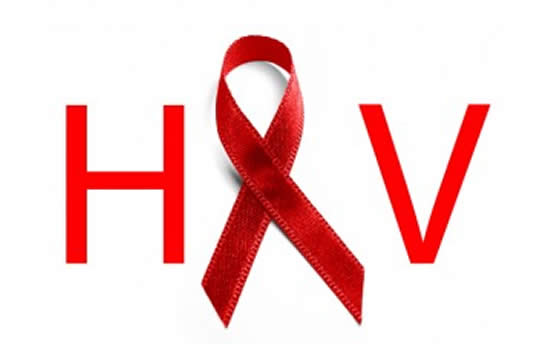A report by the Joint United Nations Programme on HIV/AIDS (UNAIDS) estimates that Nigeria contributes to about 22% of global children-related HIV cases, indicating the urgent need for innovations to check issues of Mother-to-Child Transmission (MTCT) of HIV.
The report also disclosed that even though Eliminating Mother-to-Child Transmission (EMTCT) of HIV in Nigeria is achievable, it would require certain innovative approaches to address the barriers faced by women in under-served communities.
Dr Godwin Emmanuel, Managing Partner/Impact Officer of MOZUK Future Solutions Limited, disclosed this in a paper presentation on the occasion of the World AIDS Day, titled, “Eliminating Mother-to-Child Transmission of HIV (EMTCT) Through HIV Self Testing.”
He explained that one of the sure ways of curbing issues of MTCT of HIV was to integrate HIV Self-Test (HIVST) kits into Traditional birth attendants (TBAs), at the local level services.
Dr Emmanuel further stated that even though “World AIDS Day has come and gone, yet we must not fail to examine some of the gaps that must be urgently bridged as a nation.
“Each year, thousands of children are born with HIV, largely due to inadequate access to testing and treatment during pregnancy.
“The Joint United Nations Programme on HIV/AIDS (UNAIDS) estimates that Nigeria contributes about 22 percent of global paediatric HIV cases which indicates the urgent need for innovative approaches to curb MTCT.
“Eliminating MTCT of HIV in Nigeria is an achievable goal, but it requires innovative approaches that can address the unique barriers faced by women in underserved communities”, he said.
According to him, “A recent study in Lagos and Kano demonstrated how HIV self-testing kits offer a practical, effective, and scalable solution to our MTCT challenges.
“The study interrogates an initiative seeking to integrate HIV Self-Test (HIVST) kits into TBA services as part of a broader strategy to eliminate MTCT. The intervention targeted underserved communities where healthcare access is limited, leveraging the trust and accessibility of TBAs to distribute self-testing kits and provide essential counselling.
“This study, led by Dr. Toriola Adebayo of Lagos State University Teaching Hospital and Dr. Usman Bashir of Aminu Kano Teaching Hospital, articulates the role of local expertise in advancing healthcare solutions tailored to community needs.
“In this intervention, 182 TBA clinics across three local government areas (LGAs) in Lagos and Kano states were equipped with HIVST kits. TBAs received extensive training on the administration of the tests, pre-and post-test counselling and linkage to care for those who tested positive.
“Among the 1,982 pregnant women enrolled in the study, pre-intervention testing rates were markedly low, with just 60% in Lagos and 38% in Kano having ever been tested for HIV. After the introduction of HIVST, testing uptake surged, with all participants voluntarily using the kits during antenatal visits.”
He pointed out that even though “the results were promising”, the implementation did not come without challenges, which include education and awareness; linkage care, and cultural sensitivities.
READ MORE FROM: NIGERIAN TRIBUNE
